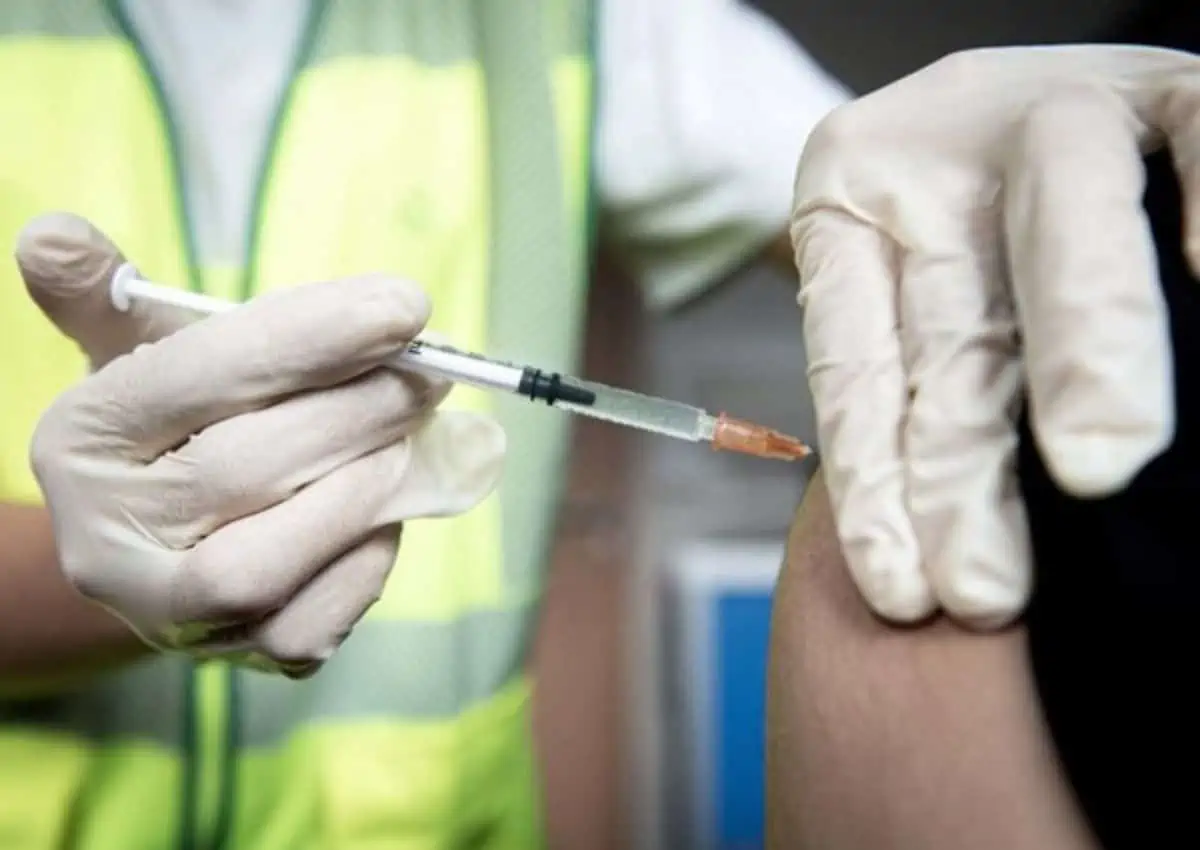Monkeypox has been given a new name by the World Health Organisation (WHO), which has announced the disease will now be called ‘mpox’ in a bid to help tackle discrimination and stigma.
The WHO announced its intention to rename the disease in June after concerns were raised that its original name is misleading, discriminatory and stigmatising, with a crowd-sourcing effort to find a new name announced in August.
Now the WHO has revealed that the reference to non-human primates is to be dropped.
“Mpox will become a preferred term, replacing monkeypox, after a transition period of one year,” the UN health agency said in a statement.
“This serves to mitigate the concerns raised by experts about confusion caused by a name change in the midst of a global outbreak.”
Monkeypox was named in 1970, more than a decade after the virus that causes the disease was discovered in captive monkeys, the organisation said. But monkeypox probably didn’t start in monkey’s- it’s origin is still unknown- and the virus ca be found in several other kinds of animals. The name was created before WHO published best practices for naming diseases in 2015.
“When the outbreak of monkeypox expanded earlier this year, racist and stigmatising language online, in other settings and some communities was observed and reported to WHO,” the UN health agency said in a statement.
“Following a series of consultations with global experts, WHO will begin using a new preferred term ‘mpox’ as a synonym for monkeypox. Both names will be used simultaneously for one year while ‘monkeypox is phased out.”
In May, cases of the disease which causes fever, muscular aches and large boil-like skin lesions, began spreading rapidly around the world.
The WHO triggered its highest level of alarm on 24 July, classifying it as a public health emergency of international concern, alongside Covid-19.
Source: CNN, World Health Organisation, Eyewitness News, The Guardian, image from Twitter: @AJEnglish
